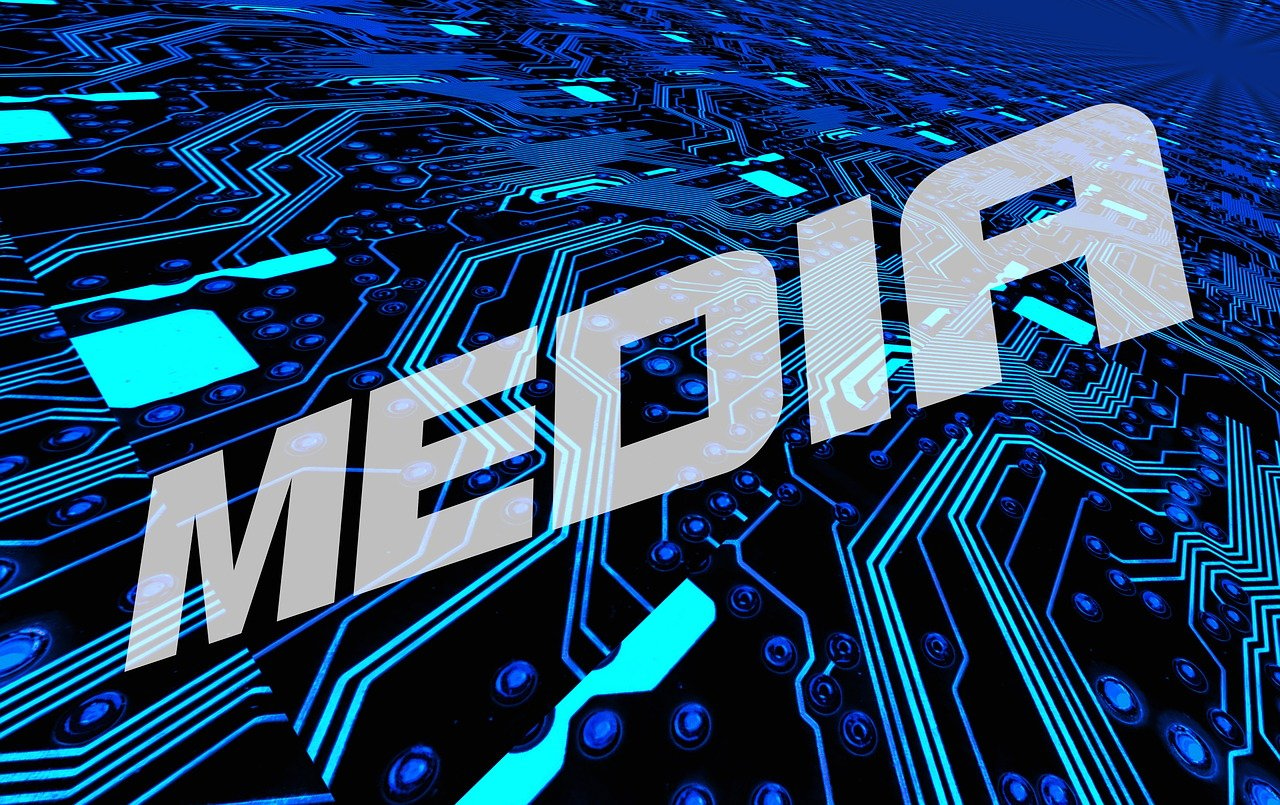
The Impact of Social Media on Game Promotions: How Developers are Leveraging Digital Platforms
In the digital age, the landscape of game promotion has evolved dramatically. One of the most transformative elements in this evolution is the pervasive influence of social media. Game developers are increasingly leveraging digital platforms to enhance visibility, engage with their audience, and drive sales. This blog post delves into the profound impact of social media on game promotions and how developers are navigating this dynamic terrain.
The Shift from Traditional to Digital Game Promotion
Traditionally, game promotions relied heavily on physical media, trade shows, and advertising in print magazines. As gaming culture has intertwined with internet culture, these methods have seen a gradual decline in favor of more immediate, interactive, and far-reaching digital strategies. Social media has become a cornerstone not only for marketing campaigns but also for community building and engagement.
Understanding Social Media’s Reach and Engagement
Social media platforms like Facebook, Twitter, Instagram, and TikTok boast billions of active users, making them powerful tools for reaching a global audience. For game developers, these platforms offer unique opportunities to engage with fans directly. Through posts, videos, stories, and live streams, developers can generate buzz and maintain a dialogue with their audience.
Games like “Fortnite” have effectively utilized platforms like Twitter and TikTok to create viral moments that capture widespread attention. By engaging influencers and content creators, game developers can amplify their reach and tap into the established communities that these personalities foster.

Creating Viral Content: The Role of Influencers and User-Generated Content
Influencer marketing has become a pivotal component of game promotion. By collaborating with gaming influencers who have vast followings, developers can introduce their games to large audiences in an authentic and engaging manner. Influencers often provide reviews, gameplay videos, and even exclusive content that can drive interest and downloads.
User-generated content (UGC) also plays a significant role. When players create and share content related to a game, such as fan art, memes, or gameplay clips, it generates organic promotion. Platforms like YouTube and Twitch have become breeding grounds for such content, where creators can showcase their skills and experiences, further promoting the game.
Engaging Communities: Building a Loyal Fanbase
Community engagement is another critical aspect of social media’s impact on game promotion. Developers can host forums, Q&A sessions, and live streams to interact with players, answer questions, and gather feedback. This interaction not only builds a loyal fanbase but also helps developers understand the needs and preferences of their audience.
Games like “Among Us” and “Fall Guys” have benefited immensely from active community management, allowing them to quickly adapt to player feedback and maintain interest even after the initial hype has subsided.
Social Media Advertising: Targeted and Cost-Effective Campaigns
Beyond organic reach, social media platforms provide robust advertising tools that allow developers to target specific demographics with precision. These tools enable developers to run cost-effective campaigns that reach potential players based on their interests, gaming habits, and online behavior.

Platforms such as Facebook Ads Manager and Twitter’s advertising tools offer detailed analytics, allowing developers to track the performance of their campaigns in real time and adjust their strategies accordingly. This level of targeting and adaptability makes social media advertising an invaluable asset in the promotion of new games.
Challenges and Considerations
While social media offers numerous advantages, it also presents challenges. The fast-paced nature of these platforms means that trends can change rapidly, requiring developers to be agile and responsive. Additionally, the saturation of content can make it difficult for new games to stand out.
Developers must also be mindful of the potential for negative feedback and controversies to spread quickly on social media. Effective community management and a proactive approach to addressing issues are crucial in maintaining a positive image.
Case Studies: Successful Social Media Campaigns
Several games have successfully harnessed the power of social media to achieve remarkable results. For instance, the “Pokémon Go” launch campaign utilized augmented reality and social media challenges to create a global phenomenon. By encouraging players to explore their surroundings and share their experiences online, the game reached unprecedented levels of popularity.
Another example is the “Cyberpunk 2077” campaign, which generated extensive pre-launch buzz through trailers, developer diaries, and interactive social media posts. Despite facing post-launch challenges, the game maintained a strong online presence that kept the conversation going.
The Future of Game Promotions on Social Media

As social media continues to evolve, so too will the strategies employed by game developers. Emerging platforms like Discord are becoming integral to gaming communities, offering new avenues for engagement and promotion. Additionally, advancements in technology, such as virtual reality, are likely to introduce new dimensions to social media interactions.
Developers will need to stay abreast of these changes and continually adapt their strategies to remain relevant in an ever-changing digital landscape. The integration of artificial intelligence and machine learning into social media algorithms will further refine targeting and personalization, offering even more sophisticated promotional opportunities.
Takeaways
In conclusion, social media has irrevocably changed the way games are promoted. By offering unparalleled reach, engagement, and interactivity, digital platforms have become the go-to tools for developers seeking to captivate and expand their audiences. While challenges remain, the potential for innovation and growth in this area is immense. As developers continue to explore new ways to leverage social media, the future of game promotions promises to be both exciting and dynamic.
Strategies for Emerging and Indie Developers
While large game studios have the resources to execute extensive social media campaigns, indie developers often face budget constraints. However, social media levels the playing field by providing cost-effective ways to reach potential players. Here are a few strategies that emerging and indie developers can employ:
- Storytelling: Share the development journey through blogs, vlogs, and social media posts. This transparency can build a connection with the audience and generate interest in the project.
- Community Building: Engage with niche communities on platforms like Reddit or Discord. By actively participating in discussions and offering insights into game development, indie developers can cultivate a supportive fanbase.
- Early Access and Feedback: Involve the community early by offering beta access or demos. Platforms like Steam’s Early Access allow developers to gather valuable feedback and create a sense of ownership among players.
- Collaborations: Partner with other indie developers or content creators for cross-promotions. These collaborations can introduce games to new audiences without significant financial investment.

Innovative Use of Social Media Features
Developers are continuously exploring new ways to utilize the features offered by social media platforms. Instagram Stories, for instance, provide a perfect medium for short, impactful updates or sneak peeks of upcoming content. Similarly, TikTok’s short-form videos can be used to showcase quick gameplay clips or humorous skits related to the game.
Live streaming is another powerful tool. Platforms like Twitch and YouTube Live allow developers to host Q&A sessions, live gameplay demonstrations, and even collaborative play sessions with fans. This real-time interaction fosters a deeper connection between the developers and their audience.
The Role of Analytics in Social Media Strategy
Analytics play a crucial role in refining social media strategies. By tracking engagement metrics, developers can gain insights into what content resonates with their audience and adjust their approach accordingly. Tools such as Google Analytics and platform-specific insights help in understanding user behavior, demographics, and preferences.
This data-driven approach ensures that promotional efforts are not just creative but also effective and targeted. It allows developers to optimize their content for maximum reach and engagement, ultimately leading to better ROI on their social media campaigns.

Ethical Considerations and Best Practices
As with any form of marketing, ethical considerations are important in social media promotions. Developers should prioritize transparency, especially when working with influencers or using paid promotions. Clearly disclosing sponsored content helps maintain trust and credibility with the audience.
Moreover, respecting user privacy and data protection laws is essential. Developers must ensure compliance with regulations such as the GDPR when engaging with their audience on social media platforms.
The Evolving Landscape: Staying Ahead of the Curve
The social media landscape is constantly changing, with new trends and technologies emerging regularly. Developers must remain adaptable and open to experimenting with different platforms and content formats. Keeping an eye on industry trends and consumer behavior will provide a competitive edge.
Moreover, fostering a culture of continuous learning within development teams can encourage innovation and creativity. By staying informed about the latest tools and techniques, developers can refine their social media strategies and continue to captivate audiences.
Conclusion: Embracing the Power of Social Media
Social media’s impact on game promotions is undeniable, offering a wealth of opportunities for developers to connect with their audiences in meaningful ways. By understanding the unique attributes of each platform and tailoring strategies to fit their goals, developers can harness the full potential of social media to elevate their games.
In a world where digital interactions increasingly define consumer behavior, embracing the power of social media is not just an option—it’s a necessity. As developers continue to innovate and adapt, social media will remain a vital component of successful game promotion strategies, driving engagement, community building, and ultimately, game success.



